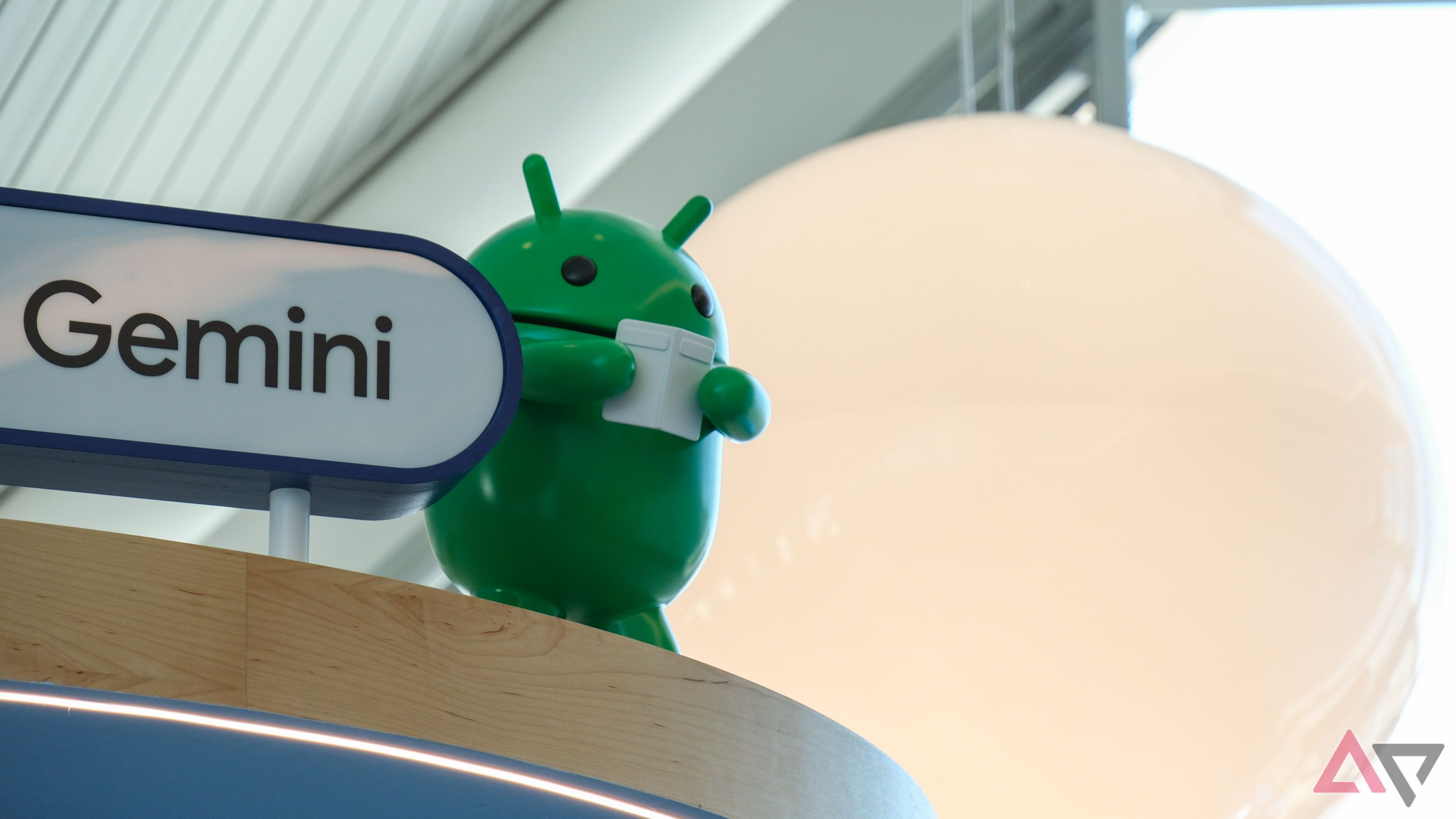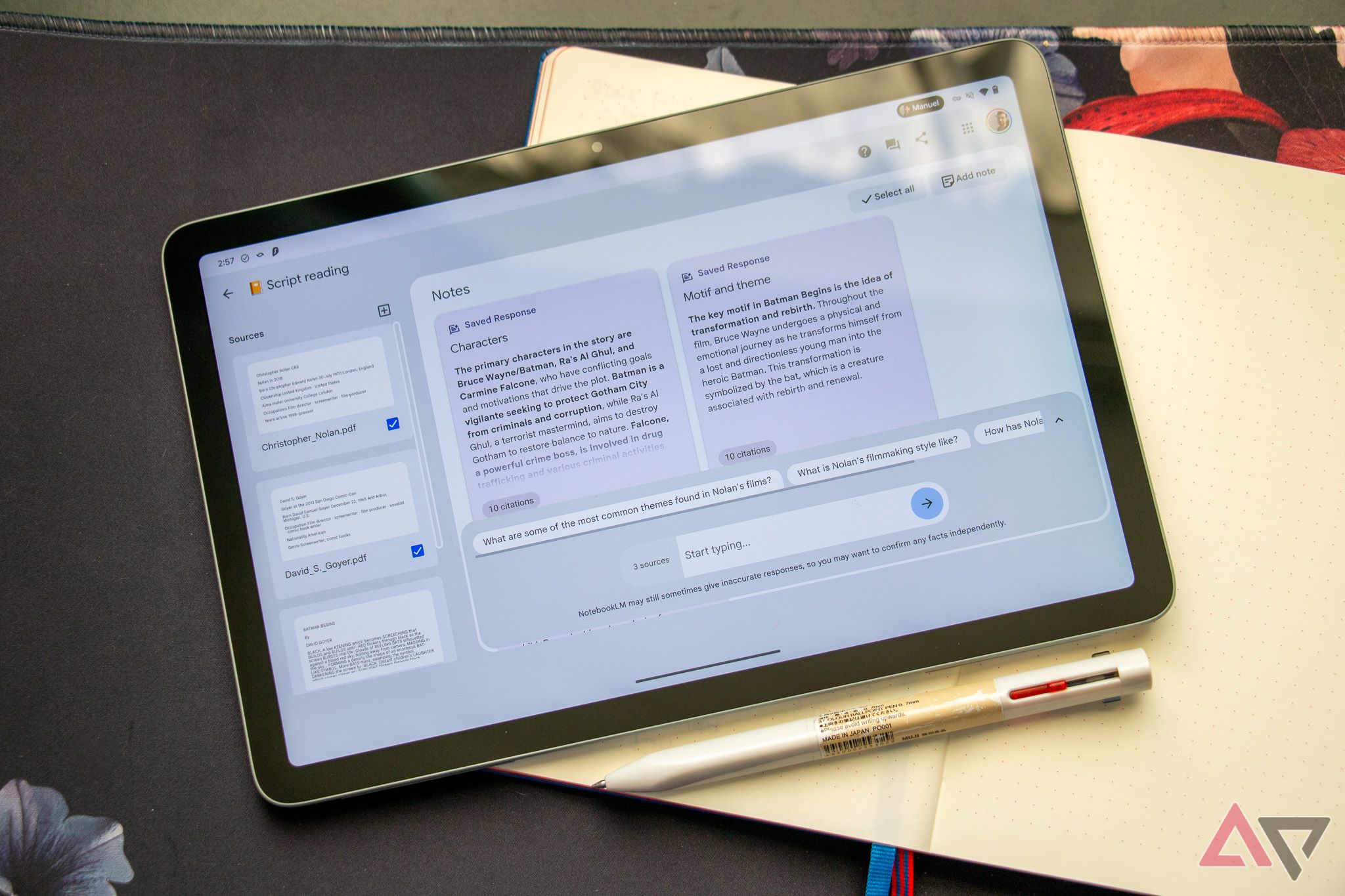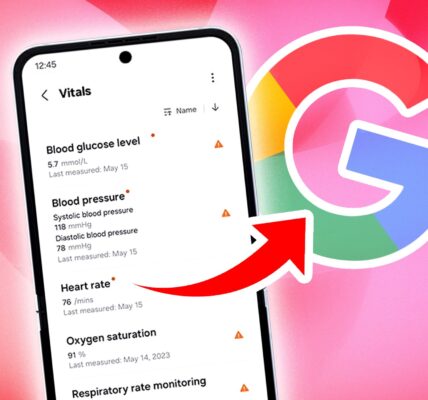Back in October, Android Authority found evidence that the Play Store was readying support for mixed reality (XR) apps, and this week, we learned why. Android XR, a new version of the operating system built to power mixed reality headsets similar to the Meta Quest and Apple Vision Pro, is landing next year. At first blush, the thought of Google branching out into a new product category isn’t all that exciting. The company’s cultivated a reputation for abandoning products — its on-again, off-again relationship with tablets has been making headlines lately, as the company seems to have abandoned plans to release a new Pixel Tablet next year.
But Google’s not going it alone on Android XR. As teased last year, the first headset to run the new OS is being built in collaboration with Qualcomm and Samsung, the latter of which helped Google overhaul Wear OS in 2021, leading to a little bit of a renaissance in the Android smartwatch space. It’s entirely possible Android XR could be the next high-profile addition to the Google Graveyard, but for the time being, I’m staying optimistic.
Welcome to Compiler,
your weekly digest of Google’s goings-on. I spend my days as Google Editor reading and writing about what Google’s up to across Android, Pixel, and more, and sum it up right here in this column. This is the Google news you need to understand this week.
I’m cautiously optimistic about Android XR
Source: Samsung
We’ve actually known that Samsung, Qualcomm, and Google have been working together on a headset since early last year, when Samsung teased the project at a Galaxy Unpacked event. Since then, though, we haven’t heard much of anything about it — until this week.
There’s not a lot of info to go on about Samsung’s headset, currently known as Project Moohan. Qualcomm is building a chipset to power it, Samsung is putting together the rest of the hardware, and Google’s providing the software in the newly announced Android XR operating system. The headset is currently slated to go on sale sometime next year, but we have no idea what it’ll cost.

Related
This is our first look at Samsung’s VR headset running Android XR
Passthrough video, so not exactly augmented reality
We know a little more about Android XR, though. The software is built on AOSP and will run Android apps that can be downloaded from the Play Store. The interface is tailored to the form factor, and there’ll be bespoke apps that either overlay content onto the real world (hence mixed reality, XR), or completely immerse the wearer in a software experience, VR-style. Google’s already announced partnerships for dedicated XR apps with the likes of Adobe, Calm, and MLB. Google is also making documentation on how to port VR games to Android XR available.
Standard Android apps will be supported. If there’s no XR version of a particular app available, Android XR will open the app’s normal interface in a floating window, which can be repositioned and resized within the user’s field of view. Nobody’s going to buy a mixed-reality headset to use phone apps suspended in mid-air, of course, but the solution seems more user-friendly than the situation on the Apple Vision Pro, which only runs apps specifically made for Apple’s XR platform.

Related
Android XR software: Here are the VR games and AR apps coming to the new OS
Not an expansive library, but it’s definitely a start
Possibly most encouraging, though, is that Samsung isn’t the only company currently working on an Android XR device. Sony and smart glasses maker XReal are working on Android XR devices, too. It’ll be harder for Google to abandon its XR ambitions if doing so would burn a bunch of high-profile partners — a calculation the company didn’t have to make when shuttering projects like Stadia.
Another good sign for Android XR: it’s a vector for the tech industry’s obsession du jour, AI. Gemini is built into Android XR, giving the tech behind Google’s impressive Project Astra demo from this year’s I/O a logical platform to grow on. Android XR is even planned to power smart glasses similar to Meta’s Orion project, though Samsung and Google have made it clear they’re focused on bringing a product more similar to the Apple Vision Pro to market first.
Mixed-reality headsets have a decidedly more niche form factor than smartphones or tablets, and I don’t share Mark Zuckerberg’s belief that AR glasses like Orion will eventually replace smartphones for typical users (at least not anytime soon).
But considering options for standalone XR headsets are few and far between — and that one of the best known models costs $3,500 — it certainly seems like there’s room for growth here. If Samsung (or Sony, or whoever) can bring an Android XR headset to market that’s competitive with the $300 Meta Quest 3S, I’m more than willing to give it a shot, and I don’t think I’ll be alone in that sentiment. Here’s hoping Google doesn’t bail on XR before that can happen.
Meanwhile…
Source: Google
Gemini is entering its “agentic era.” Google’s talking up its latest version of Gemini, 2.0, which can do things like provide multimodal output (eg, generated images along with text) and can natively connect to tools like Google Search without the need for extensions. Google says that’s all a big deal for AI “agents” that can perform complex tasks autonomously.

Latest development
Google unleashes Gemini 2.0 with new image and audio powers for the AI agent era
Almost exactly one year after Gemini 1.0
Gemini can now surf the web for you — sort of. Built on the new Gemini model I mentioned above, Google’s Project Mariner prototype can perform tasks inside the Chrome browser, clicking, typing, and scrolling as needed to do whatever you asked of it. It’s early days for Mariner, though, so the tool is only available to a select few. There’s also a major limitation right now: Mariner can only act inside an active browser tab, meaning you have to have the window Gemini is working in open while it works. Still, it’s clearly the start of something.

Latest development
Google’s Project Mariner AI can surf the web for you, with a huge caveat
Don’t expect to free up any spare time
You can now talk to NotebookLM’s AI “podcast hosts.” A new Interactive Mode in NotebookLM lets you butt in on the conversations the tool generates, asking questions and redirecting the AI voices as the interaction unfolds. It doesn’t quite play out like a natural three-person conversation, or even like a Gemini Live session — the AI voices will call on you and give you time to talk, then go back to their discussion, informed by whatever you interjected. Impressive and mildly unsettling all the same.

Latest development
You can now talk to Google’s Audio Overview AI hosts on NotebookLM
Is this cool, creepy, or both?





